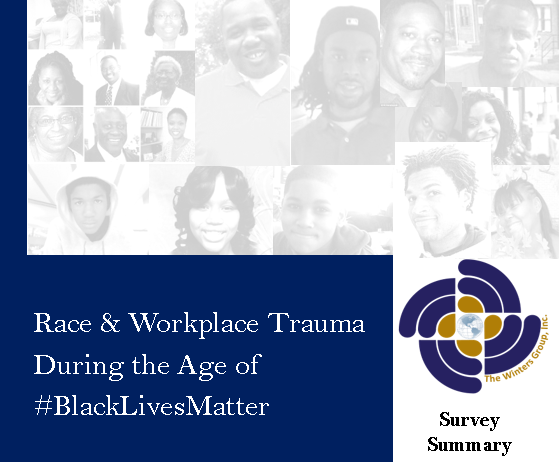
The workplace is not just a work place. It is where we go to pretend to be some weird, altered version of ourselves, where our titles suddenly mean that we can’t say this or do that. Unless, of course, you are your own boss.
Actually, not even then.
None of us works in a vacuum. All of us have jobs in which we tweak our personalities so that we can keep those jobs. On some level, that’s called being an adult. The problem is, adulthood can often suck, especially when we feel the need to temper our basic traits to the point where we barely would—or would want to—recognize ourselves.
Hence, the whole Bring Your Whole Self to Work movement over the past decade or so. That employees should feel comfortable being their authentic selves in the office has become a key tenet in the field of diversity and inclusion. When we feel at ease being who we, we are happier, more productive, more engaged.
All of which makes sense. Anyone who has spent more than two weeks on a job knows that coworkers do not bond over actual work. “Oh my God, you love project management? Me too! Let’s go to lunch to discuss our favorite Excel tips!” That’s not how things work. Rather, it’s the moments when we share private—or, rather, what used to be private—aspects of our lives that build real relationships that enrich our personal and professional lives.
And so, when colleagues feel like they have to hide their true selves, it affects not just themselves but everyone around them—even if everyone around them doesn’t realize it—sucking morale, engagement, etc. Whether it’s one’s sexual orientation or religion or—
Hold up. Bringing your religion to the workplace may cause more conflict, at least according to a recent Knowledge@Wharton article. As employees increasingly bring their theology to work, companies must struggle more with a litany of ethical and legal issues. (For example, a Pennsylvania quarry owner allowed his Amish workers to continue to wear their own hats instead of hardhats, which complied with an exemption by the Occupational Health and Safety Administration. Except, doing so violated the federal Mine Safety and Health Act.)
On one hand, employees who are allowed to discuss religion openly at work report higher job satisfaction levels, according to a 2014 study. But, as the Wharton article asks: “[W]hat happens when one employee’s increase in happiness means another’s discontent? Is proselytizing just a form of self-expression?”
“People are more inclined to bring their whole selves to work,” says Stewart Friedman, director of Wharton’s Work/Life Integration Project. “It’s about family; it’s about who you are as a person. The problem with some religions is that they can be divisive, and so where it seems to me to make sense to draw the line is if you are professing your religious beliefs and that causes harm to other people. That’s a problem.”
A problem exacerbated by the push for greater authenticity. “I am really troubled by the simplicity of bringing your whole self to work,” says Wharton management professor Nancy Rothbard. “The fact of the matter is, it is difficult and complex to bring your whole self to work, and people who do it successfully are doing it carefully.”
Ultimately, perhaps we need to rethink injecting true authenticity in the workplace. Rothbard recommends that employees instead bring their best selves to work. She explains, “Bring your best self to work and talk about aspects of religious identity in a way that might be different, but is hopefully respectful of others’ identities.”
Amen.


















